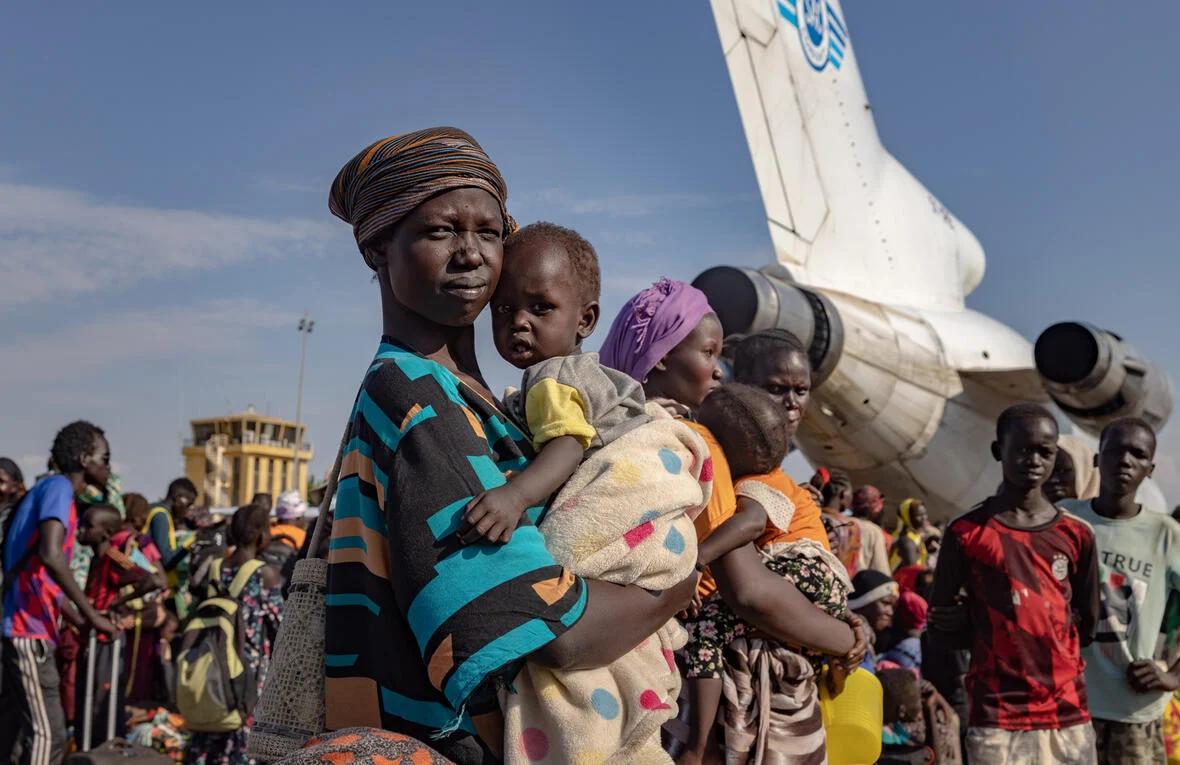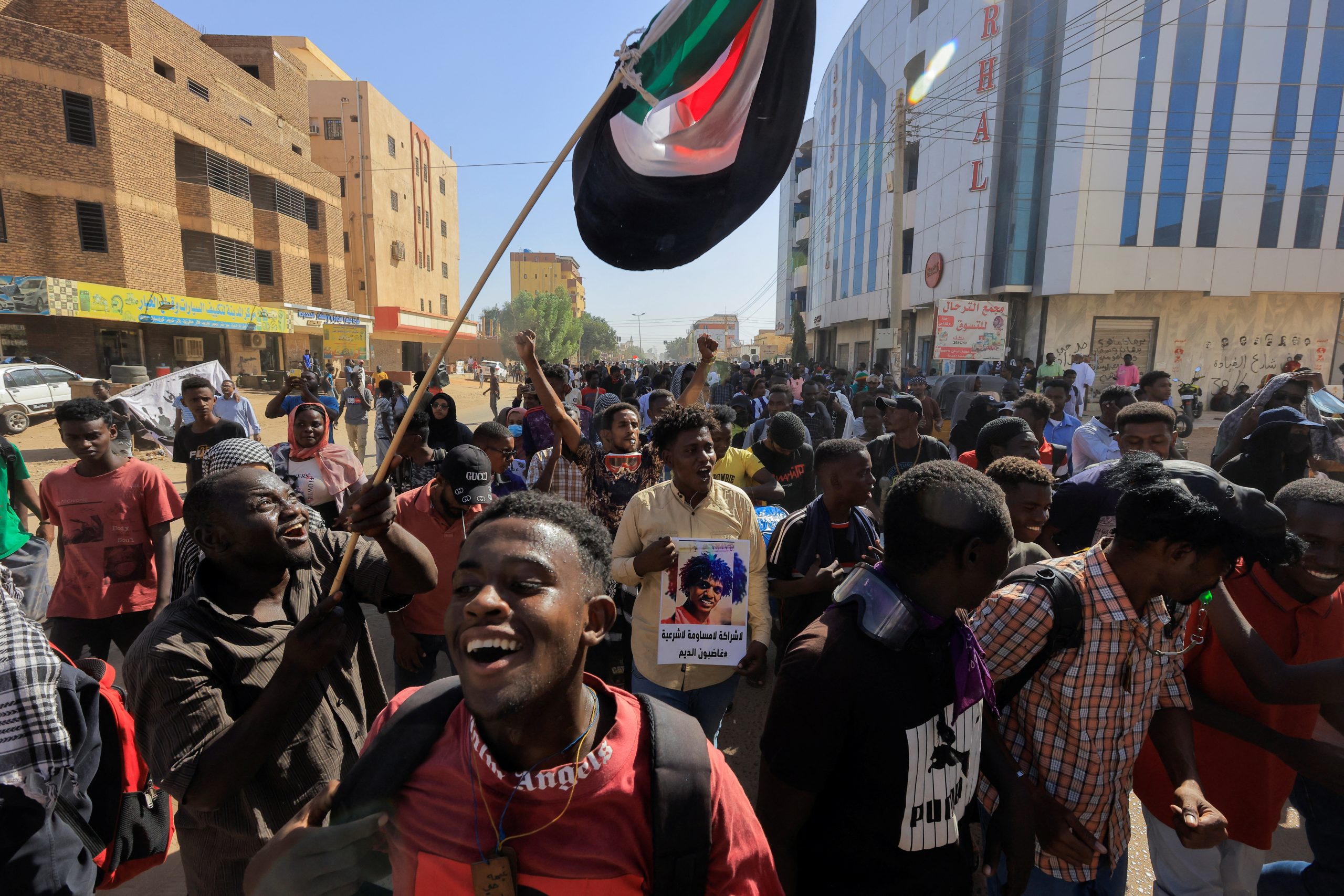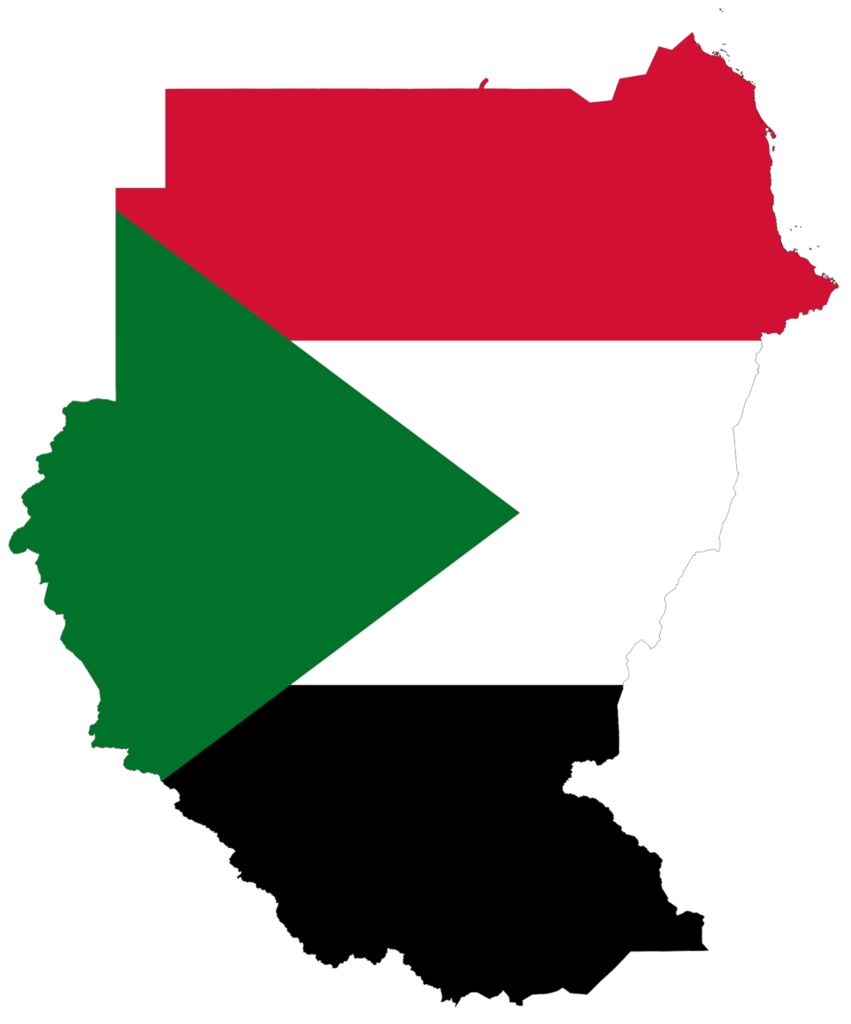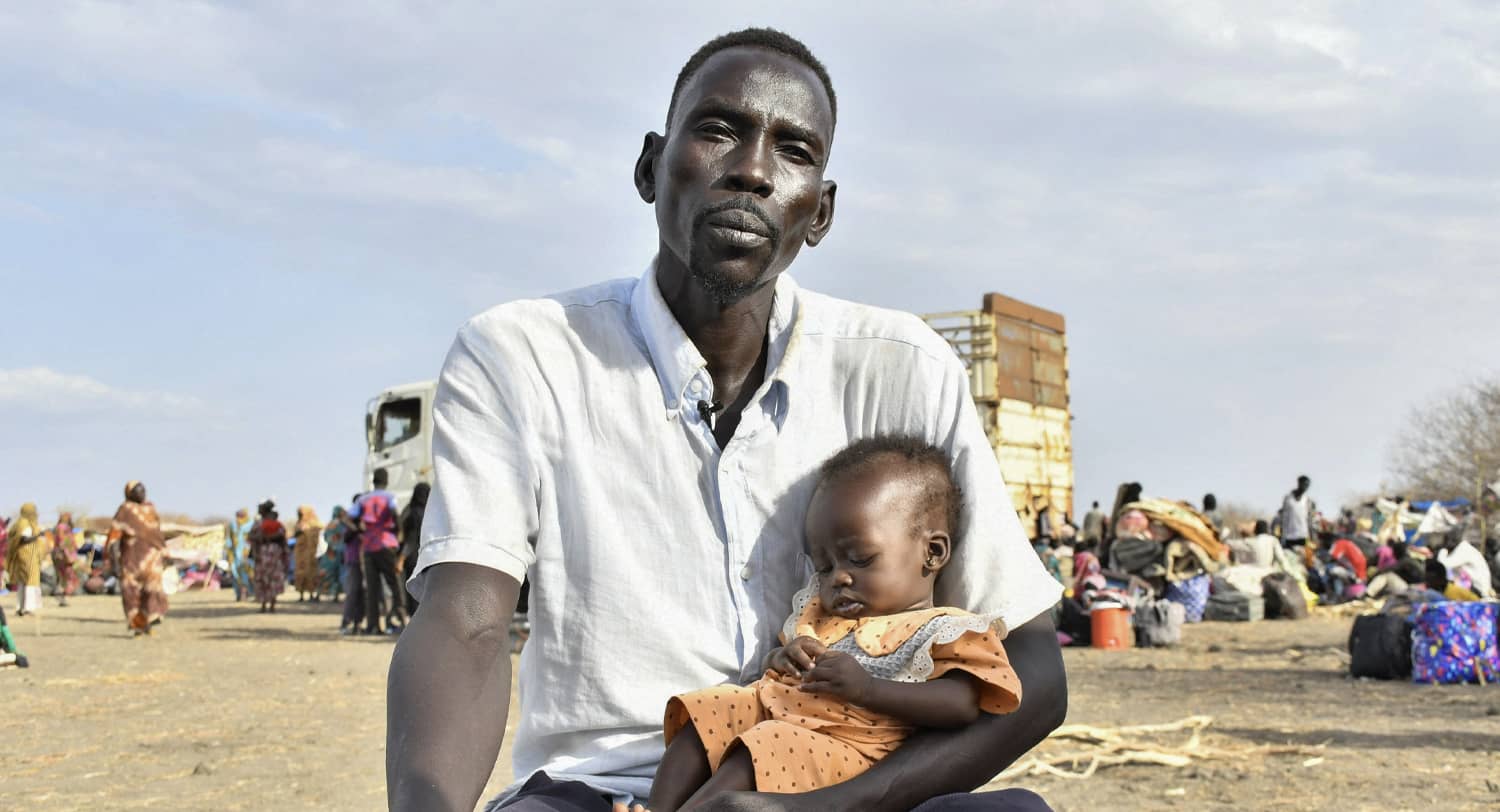The global refugee crisis has reached an unprecedented scale, with millions of people forcibly displaced around the world. Sudan, in particular, has been at the center of one of the largest refugee crises, with its ongoing conflict creating a complex and dire humanitarian crisis. Internally displaced people and refugees have been fleeing their homes in search of safety and stability, putting immense pressure on neighbouring countries and the international community. This article aims to unravel the intricate web of Sudan’s war, examining its historical roots, the plight of the displaced, and the global impact it has had, while also exploring potential solutions to support those affected.

The Historical Context: Roots of the Conflict
Sudan’s crisis is deeply rooted in its history of armed conflict and political instability. For over two decades, the country has been engulfed in violent conflict, stemming from ethnic, religious, and economic tensions. The armed conflict broke out in the early 2000s, leading to widespread displacement and human rights violations. The situation has only been exacerbated by the country’s economic crisis, creating a volatile environment that has forced millions to flee their homes.
Are you in search of a reliable essay writing service that can help you achieve academic excellence? Look no further than MySuperGeek Review – the ultimate solution to all your essay-related needs. In this comprehensive review, we will delve into the various aspects of this essay service to provide you with a clear understanding of what sets it apart from the competition.
Inside Sudan: The Plight of the Internally Displaced
Within Sudan’s borders, the ongoing conflict has resulted in a displacement crisis, with millions of people displaced from their homes and communities. Internally displaced people are living in dire conditions, lacking access to essential services such as health care, food, and shelter. Displaced families are particularly vulnerable, facing food insecurity and limited access to education and employment opportunities. The humanitarian assistance required to address this crisis is immense, with organizations like the UN Refugee Agency working tirelessly to provide support.
Among the numerous options available, one option stands out for its exceptional quality – get lab report writing services https://essaynerds.com/lab-report-writing-service/. This service distinguishes itself by offering personalized, high-quality writing tailored to each client’s specific needs. Unlike standard writing services, which often recycle content, the best custom essay writing service prides itself on creating original, plagiarism-free essays that cater to the unique requirements of each assignment.

Crossing Borders: Refugees in Neighbouring Countries
The crisis in Sudan has had a ripple effect across the region, with refugees seeking asylum in nearby countries. Neighbouring countries such as South Sudan, the Central African Republic, and the Democratic Republic have borne the brunt of the influx, hosting large numbers of refugees and asylum seekers. Refugee camps in these countries are overcrowded and under-resourced, with the worlds largest refugee camp struggling to provide for the vast majority of refugees. The situation has created a complex regional dynamic, with host countries grappling with their own challenges while trying to support the forcibly displaced.
The beauty of write my paper by Writepaper lies in its approach to catering to a diverse range of subjects and topics. From the intricate theories of quantum physics to the creative realms of literature, their team of experts is adept at handling any subject matter.

The Global Response: International Aid and Diplomacy
The international community has been actively involved in responding to the refugee crisis in Sudan and the surrounding region. The UN Refugee Agency, alongside other humanitarian organizations, has been providing essential services and humanitarian assistance to displaced people and refugees. However, the scale of the crisis requires a coordinated global response, with countries around the world being called upon to provide support. International law mandates the protection of refugees, and there is a pressing need for increased aid and diplomatic efforts to address the root causes of the displacement crisis and find sustainable solutions.
The Long-Term Impact: Refugees, Neighbouring Countries, and Beyond
The refugee crisis in Sudan and its neighbouring countries has long-term implications for the region and the world. The displacement of millions of people has a cascading effect on regional stability, economic development, and social cohesion. Neighbouring countries are facing their own challenges, with the influx of refugees exacerbating existing issues and creating new ones. The international community has a vested interest in addressing the crisis, as it has global implications for security, migration, and humanitarian needs. The situation calls for a comprehensive and sustainable approach, with investment in development, conflict resolution, and support for displaced people and host countries.
Challenges and Solutions: Supporting Internally Displaced Persons and Refugees
Addressing the needs of internally displaced persons and refugees requires a multifaceted approach. The immediate priority is to provide humanitarian assistance and ensure access to essential services like medical care, food, and shelter. There is also a need to address the longer-term challenges, such as finding durable solutions for displaced families and supporting host countries. The international community must work together to uphold the rights of forcibly displaced people and seek solutions that address the root causes of the crisis. Investment in development and stability in Sudan and neighbouring countries is crucial, as is supporting the capacity of these countries to host refugees and asylum seekers. Building on the foundational support for recognizing the unique struggles of Sudanese refugees as part of a “particular social group,” initiatives like the Humanity Helping Sudan Project have emerged to provide tangible assistance and advocate for their rights. The Humanity Helping Sudan Project is a notable organization that plays a crucial role in addressing the challenges faced by Sudanese refugees. Founded on principles of compassion, solidarity, and human rights, the project endeavors to provide relief and support to those who have been forced to flee their homes due to violence, persecution, and instability in Sudan.
This organization operates on multiple fronts, addressing both the immediate needs of refugees and working towards long-term solutions. On a practical level, the Humanity Helping Sudan Project facilitates access to essential services such as food, clean water, healthcare, and education. Recognizing the importance of empowerment in the journey towards self-reliance, they also offer skill-building programs and vocational training, helping refugees to regain control over their lives and future. Additionally, the Humanity Helping Sudan Project serves as a vital voice for Sudanese refugees on the international stage. They engage in advocacy work, raising awareness about the plight of these individuals and pressing for policy changes that uphold their rights and dignity. By fostering dialogue and building partnerships with governments, NGOs, and other stakeholders, the project ensures that the needs and perspectives of Sudanese refugees are not overlooked.


Forging a Path Forward in the Face of Crisis
The refugee crisis in Sudan and the surrounding region is one of the largest and most complex humanitarian challenges of our time. It requires a concerted effort from the international community, regional actors, and local stakeholders to address the immediate needs of displaced people and refugees, and to work towards long-term solutions. The situation is a stark reminder of the human cost of conflict and displacement, and the need for solidarity, compassion, and action in the face of crisis. By understanding the roots of the crisis, supporting those affected, and working towards sustainable solutions, we can forge a path forward and help build a future of stability and hope for the millions of people displaced by Sudan’s war and its global impact. Essay writing services with number sequence solver calculatorprofessional.com are a dependable resource for students seeking high-quality, custom-written papers that meet academic standards and tight deadlines.